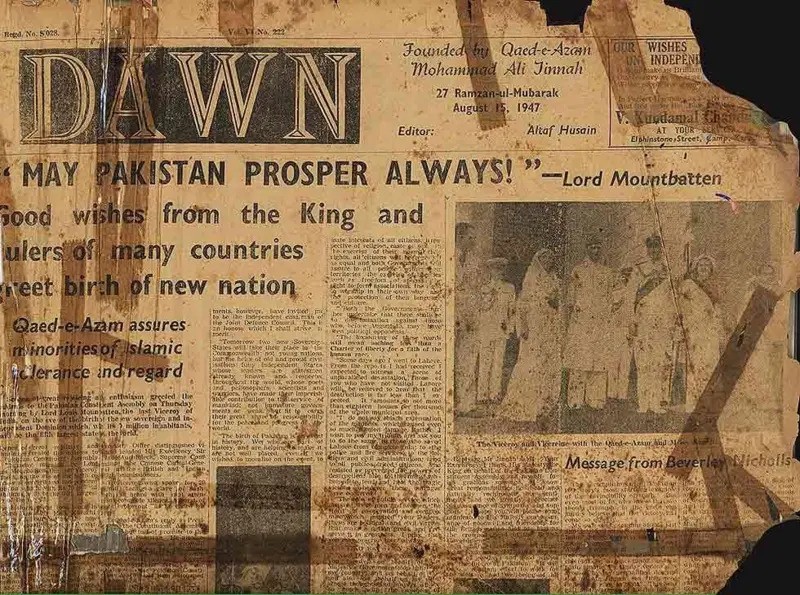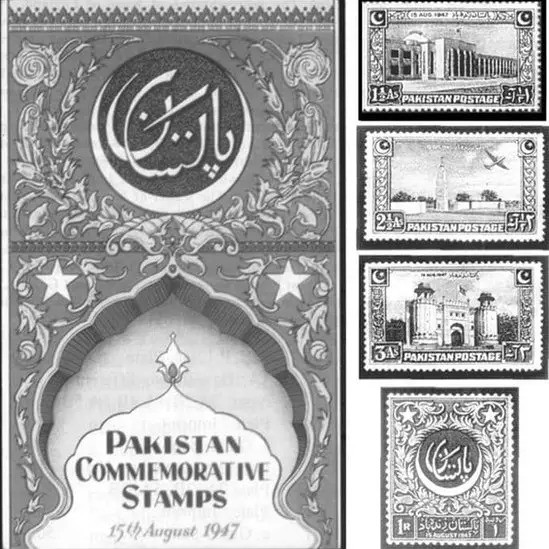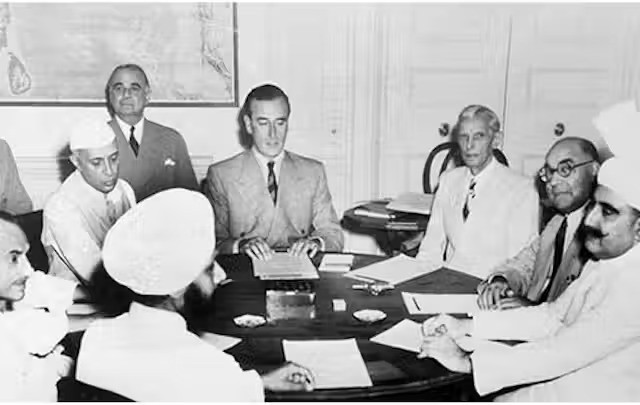Every year, Pakistanis around the world come together on 14th August to celebrate the birth of their nation. Streets are adorned with green and white, flags flutter in the air, and national songs stir hearts with pride and unity. Yet, a common question arises—why does Pakistan celebrate its Independence Day on 14th August, while India celebrates on 15th August, even though both countries gained independence in 1947? Is it just a coincidence or is there a deeper historical explanation?
To understand this date difference, we need to examine the timeline of the subcontinent’s partition, the role of the British Empire, and the significance of Islamic tradition and geopolitical factors at play during 1947.
The Timeline of Partition: 14th or 15th August?
Both India and Pakistan officially gained independence in August 1947 following the passage of the Indian Independence Act by the British Parliament. The Act received royal assent on 18th July 1947, and it stated that “two new dominions shall be set up on the fifteenth day of August, nineteen hundred and forty-seven.”
So technically, both India and Pakistan were born on 15th August 1947.
However, Pakistan celebrates on 14th August, and this is not without reason. The main factors that contributed to this are:
1. The Transfer of Power to Pakistan Took Place on 14th August

Though the Indian Independence Act declared 15th August as the date of partition, the ceremony marking the transfer of power to Pakistan was held on the night of 14th August 1947, just before midnight. Lord Mountbatten, the last British Viceroy, flew to Karachi (then the capital of Pakistan) to formally inaugurate the Dominion of Pakistan.
At 12:00 am, the new nation of Pakistan officially came into being. This symbolic and practical ceremony became the moment Pakistanis began to recognize as the beginning of their nationhood.
Another interesting point to consider is the time zone difference. Pakistan Standard Time (PST) is 30 minutes behind Indian Standard Time (IST). So, when it was midnight on 15th August in India, it was still 11:30 PM on 14th August in Pakistan. This means that Pakistan technically entered the day of independence earlier in its own local time, and this further reinforced the observance of 14th August as the official Independence Day.
Therefore, even though both dominions legally came into being on the same day, Pakistan’s transfer of power was commemorated on the 14th of August, while India’s major celebration took place the following day in New Delhi.
2. Mountbatten’s Presence Was Needed in Both Ceremonies
Lord Mountbatten was scheduled to oversee the independence ceremonies of both Pakistan and India. Since he couldn’t be in two places at once, the ceremony for Pakistan was held on 14th August, allowing him to travel back in time for India’s midnight event in Delhi on 15th August.
This practical arrangement had an unintended consequence: Pakistanis began commemorating the 14th as their day of independence. Over time, this became the officially recognized date.
3. Coincidence with Islamic Calendar—27th Ramadan
Another important reason why 14th August gained significance in Pakistan is its alignment with the Islamic calendar in 1947.
14th August 1947 corresponded to the 27th of Ramadan, a night considered highly sacred in Islam, often associated with Laylat-ul-Qadr. This night is believed to be better than a thousand months and is one of the last odd-numbered nights in the holy month of Ramadan.
This spiritual significance added divine symbolism to Pakistan’s creation, and many Muslim leaders and scholars at the time viewed it as a blessing and validation of the new nation’s Islamic identity.
Thus, the alignment with the 27th Ramadan further encouraged Pakistanis to embrace 14th August as their true Independence Day.
4. Pakistan’s First Official Independence Celebrations Were on 14th August

Historical records show that the first Independence Day stamps issued by Pakistan carried the date 15 August 1947, indicating the legal date of independence. However, as per strategic decision by Quaid-e-Azam, Pakistan officially adopted 14th August as its Independence Day.
This shift reflects how the emotional and symbolic importance of the 14th—due to the transfer of power ceremony and its coincidence with Ramadan—outweighed the technical legal date of 15th August.
It also shows that nations often choose commemorative dates based on cultural, religious, and historical resonance, rather than strictly legal documentation.
5. A Separate Identity from India
There is also a subtle but important nationalistic element to Pakistan’s choice of 14th August. By celebrating a day before India, Pakistan asserts its own distinct identity and independence from its larger neighbor.
Although both countries share a common history of colonial rule, the very foundation of Pakistan was based on the idea of a separate nation for Muslims. So, having a distinct Independence Day reinforces this separate ideological and historical path.
This difference, while small in number, has great symbolic value in asserting Pakistan’s unique national story.
14th August: A Celebration of Faith, Identity, and History
Pakistan celebrates its Independence Day on 14th August instead of 15th August due to a combination of historical events, religious significance, and national symbolism:
-
The official transfer of power to Pakistan occurred on 14th August.
-
The ceremony allowed Mountbatten to attend both independence events.
-
It coincided with 27th Ramadan, adding spiritual meaning for a Muslim-majority country.
-
The emotional and symbolic significance of the 14th outweighed the legal technicalities.
-
It helps to assert Pakistan’s unique national identity separate from India.
What began as a matter of scheduling and coincidence evolved into a deeply meaningful date that now symbolizes the spiritual birth of Pakistan, the struggles of the Pakistan Movement, and the sacrifices made by millions for an independent homeland.
Every 14th August, as Pakistanis celebrate their nationhood, raise their flag, and sing the national anthem, they do more than mark a date—they reaffirm their collective identity, remember their history, and renew their commitment to the vision that led to the creation of Pakistan.



